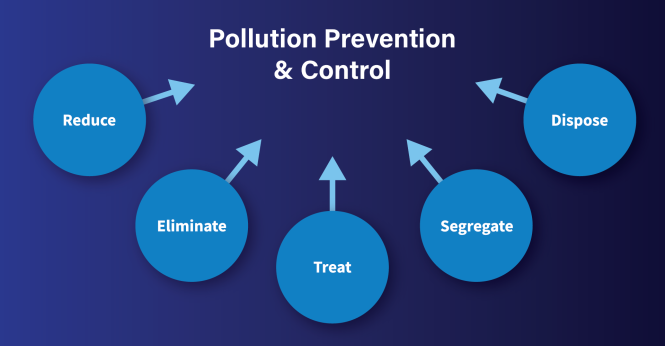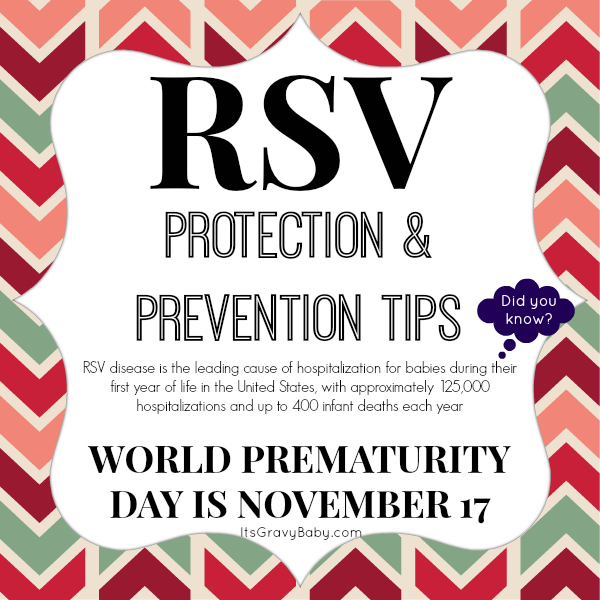

The impact of pollution on skin is a significant concern affecting millions worldwide. Air pollution, water pollution, and even soil pollution can contribute to a variety of skin problems, from premature aging to acne breakouts. This article delves into the various ways pollution affects skin and provides practical tips for protecting your skin and preventing future damage. It also explores actionable solutions for minimizing pollution’s impact on your skin, encompassing prevention techniques and effective skincare strategies. This comprehensive guide will discuss pollution and its effects on the skin, addressing how to protect against pollutants and develop a proactive skincare routine.
Unveiling the Adverse Effects of Pollution
The Unseen Enemy of Healthy Skin
Pollution, often an unseen adversary, exerts a significant negative impact on our skin. This constant barrage of environmental pollutants, from industrial emissions to exhaust fumes, triggers a chain reaction of cellular damage. The detrimental effects of pollution on skin can vary, depending on the specific pollutant and the individual’s skin type. While some pollutants cause irritation, others lead to accelerated aging, breakouts, or other skin problems. The cumulative impact of these pollutants can result in long-term damage, necessitating proactive measures for protection and treatment. Pollutants can enter the skin through direct contact, or they can be inhaled and absorbed through the bloodstream, further compromising skin health.
Air Pollution’s Silent Assault on Skin Health
Air pollution, particularly in urban environments, plays a crucial role in exacerbating skin conditions. Particles suspended in the air can become lodged in the pores, leading to inflammation and breakouts. Fine particulate matter (PM2.5), for example, is known to penetrate deeply into the skin, disrupting its natural barrier function. Studies have shown a correlation between air pollution exposure and increased rates of skin dryness, irritation, and premature aging.
Protecting Your Skin from Environmental Hazards
Employing a Multifaceted Approach
Protecting your skin from pollution requires a comprehensive approach, encompassing both environmental precautions and targeted skincare routines. Implementing effective strategies for preventing exposure to pollutants is paramount. This includes limiting outdoor time during peak pollution hours, choosing locations with lower pollution levels, and utilizing high-quality masks or protective clothing.
Proactive Skincare Practices for Pollution-Prone Skin
Addressing the detrimental impact of pollution necessitates a proactive skincare routine. It’s crucial to incorporate specific products designed to neutralize the effects of pollutants. Look for cleansers and moisturizers formulated with antioxidants and anti-inflammatory agents. Antioxidants help combat the free radical damage often caused by environmental stressors, while anti-inflammatory agents can calm irritated skin. Regular exfoliation is also important for removing pollutants trapped within pores, promoting healthy skin renewal.
Pollution-Based Skin Conditions: A Closer Look
Identifying and Addressing Specific Issues
Pollution often leads to a variety of skin conditions, each requiring a tailored approach for treatment and prevention. For example, air pollution can exacerbate existing skin conditions like eczema and psoriasis. Likewise, water pollution may trigger allergic reactions. Knowing the specific pollutant types present in your environment can aid in addressing the particular skin issues.
Skin Sensitivity and Pollution: A Deep Dive
Skin sensitivity is highly susceptible to the damaging effects of pollution. Individuals with sensitive skin may experience increased irritation, redness, and discomfort due to pollutants. Understanding your skin’s sensitivity profile is vital when selecting protective measures and skincare products.
Prevention Strategies and Skincare Recommendations
Establishing a Robust Skincare Regime
Establishing a comprehensive skincare routine is vital for mitigating the impact of pollution. A basic routine might include cleansing, toning, moisturizing, and applying sunscreen, while more advanced strategies may incorporate serums with specific anti-pollution properties. Consistency in maintaining your skincare regime is crucial for optimal results.
Sustainable Practices to Mitigate Environmental Damage
Alongside personal skincare, incorporating sustainable practices into daily life can contribute to reducing pollution’s overall impact. Considering mindful consumption habits and minimizing unnecessary waste can significantly reduce pollution. Advocating for pollution reduction policies and supporting organizations committed to environmental protection can also contribute to a healthier environment and consequently, healthier skin for everyone.
The Long-Term Implications
Understanding Cumulative Effects
Repeated exposure to pollution can lead to long-term skin damage, such as premature aging and an increased susceptibility to skin cancer. Understanding the cumulative effects is essential for developing preventive measures and addressing existing issues.
The Importance of Routine Checkups
Regular checkups with dermatologists can help individuals monitor their skin’s condition and identify any early signs of pollution-related damage. Early detection is critical for preventive measures and treatment solutions. Seeking expert advice is essential for tailored solutions specific to individual skin needs.
Frequently Asked Questions
What are the most common pollutants affecting skin?
Common pollutants affecting skin include particulate matter (PM2.5), nitrogen dioxide, ozone, and volatile organic compounds (VOCs). These pollutants are often found in urban environments and can penetrate the skin’s protective barrier, leading to inflammation and irritation. Individuals living in or visiting areas with high levels of air pollution should take extra precautions to protect their skin. Proactive measures should include the use of high-quality masks and protective clothing.
How can I protect my skin from pollution-related damage?
Protecting your skin from pollution involves a multi-pronged approach. This includes avoiding exposure to pollutants as much as possible, utilizing pollution-reducing products, and using a robust skincare routine focused on anti-aging and anti-inflammatory agents. Ensuring consistent use of high-quality sunscreen is also vital, and protective clothing in polluted areas can minimize direct skin contact with pollutants. Choose skincare products designed specifically for pollution-prone skin to neutralize the effects of environmental damage.
In conclusion, understanding the impact of pollution on skin is crucial for maintaining healthy skin. By implementing preventative measures and understanding the different pollutants affecting our skin, we can protect it from harmful effects. Prioritize consistent use of sunscreen, consider protective clothing, and choose pollution-reducing products where applicable. Taking proactive steps today ensures healthier, happier skin tomorrow. Learn more about pollution prevention strategies and skin care solutions today!.